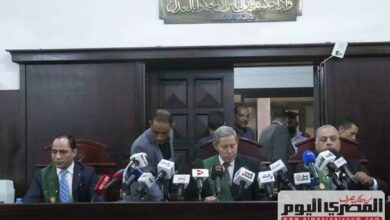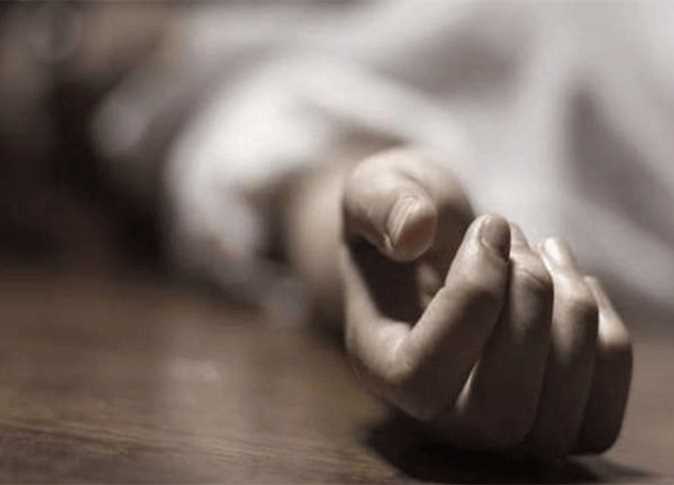As in the rest of the country, Islamist parties are expected to dominate the third and final round of parliamentary elections in Mansoura, the capital of Daqahlia Governorate and home to approximately 500,000 residents. But Mansoura does differ from other governorates in one particular way: the liberal Revolution Continues Coalition (RCC) is expected to turn in a better electoral performance than the more successful liberal party list, the Egyptian Bloc.
Dr. Mohamed Ghoneim, a world-renowned expert in urology and perhaps Mansoura’s most famous resident, has used his influence to back the RCC. His face appears on nearly all campaign materials both inside Mansoura and across Daqahlia more generally. When asked by Egypt Independent why they chose to support the RCC, many voters began by explaining that they hold Ghoneim in very high regard.
Ghoneim’s influence in directing liberal voters toward the RCC has had the effect of marginalizing the Egyptian Bloc, which has been the much stronger liberal list in the first two rounds of voting for the Egyptian parliament's lower house, the People's Assembly.
“I support the Egyptian Bloc and was going to vote for them, but here in Mansoura the RCC has put forward the stronger list, so I voted for them,” said Rana Magdy, a student at Mansoura University.
In a telling sign of the RCC’s relative strength in Mansoura, Ziad al-Elimi, a recently elected member of parliament from the Cairo branch of the Egyptian Bloc, gave a speech supporting the Ghoneim-backed coalition at its final conference.
Despite the RCC’s relatively better showing in Mansoura, Ghoneim conceded that the potential for liberals in the current contest, even in Mansoura’s district, is severely limited.
In an interview with Egypt Independent, Ghoneim explained that it is important to “look at the map.” He pointed out that Mansoura’s electoral district — located in Daqahlia’s first electoral constituency for party lists — extends far outside the city, through rural areas that reach all the way up to the Mediterranean Sea.
“The Muslim Brotherhood has people organized in all these areas,” Ghoneim said, implying that the RCC does not.
As has been the case in most districts, the Brotherhood is expected to take at least a plurality of seats in both Mansoura and all of Daqahlia Governorate.
For many voters in Mansoura, the Brotherhood’s success is well-deserved. The city’s professional seat candidate Yousry Hany, for example, competed previously in 2005, and while he was believed to have won the contest by a wide margin, the seat was ultimately awarded to National Democratic Party (NDP) member Ibrahim al-Gogary. Several supporters of the RCC told Egypt Independent that they voted for Yousry Hany for the professional seat.
The city’s most heated contest likely involves the single-winner worker/farmer seat, which pits the FJP’s Tareq Qutb against former NDP member and 2010 incumbent Wahid Fouda. Fouda’s older brother, Mamdouh Fouda, had previously held the seat since the early 1970s and is credited with building the medical center that ultimately brought Ghoneim fame. In part because of this feat, many Mansoura residents have thrown their support behind Wahid Fouda.
The aggressive battle for this seat has been such that in early December an FJP march supporting Qutb was attacked with gunfire when passing through a village considered to be a Fouda stronghold.
The FJP accused Fouda at the time of hiring thugs to carry out the attack, but Fouda denied any connection. During the second day of voting on Wednesday, reports said that “thugs” hired by Fouda were encouraging voters to choose the RCC party list in order to prevent the FJP from winning.




